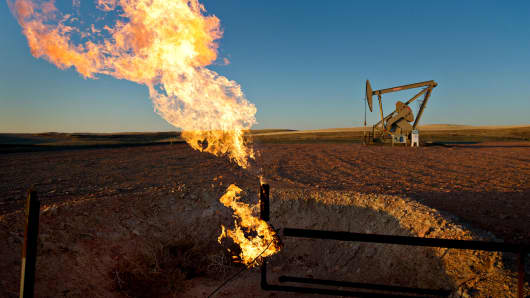Knee-jerk reactions are dangerous things. The pummelling for risk-on asset classes generally and equities in particular that we saw post-Brexit serve as a timely reminder and potential template for a Trump White House.
But what does this mean for the commodity markets and oil in particular?
If the dollar is selling off -- and at the time of writing it is selling off -- then the inverse relationship with commodities would very often mean a bid under the price of Brent, WTI et al.
However, an overriding factor is obviously the global uncertainty that a Trump victory would create for policymakers everywhere. And OPEC is the world's biggest oil market policymaker.
For OPEC to try and reign in production was always going to be a tough task but could a Trump victory make the task more difficult?
You betcha!
Think about it. Oil is currently selling off. At this moment, WTI is now below its 200-day moving average at $43.37. The positivity in the price surrounding the framework for an oil production cut from Algiers has already evaporated in the market as traders decide that they want to see the proof in the pudding at the OPEC meeting in late November. The verbal intervention, like so many in the central banking world before now, hasn't worked. Investors want cold, hard cuts before going long it seems.
Now, back to Trump implications for the oil market.



